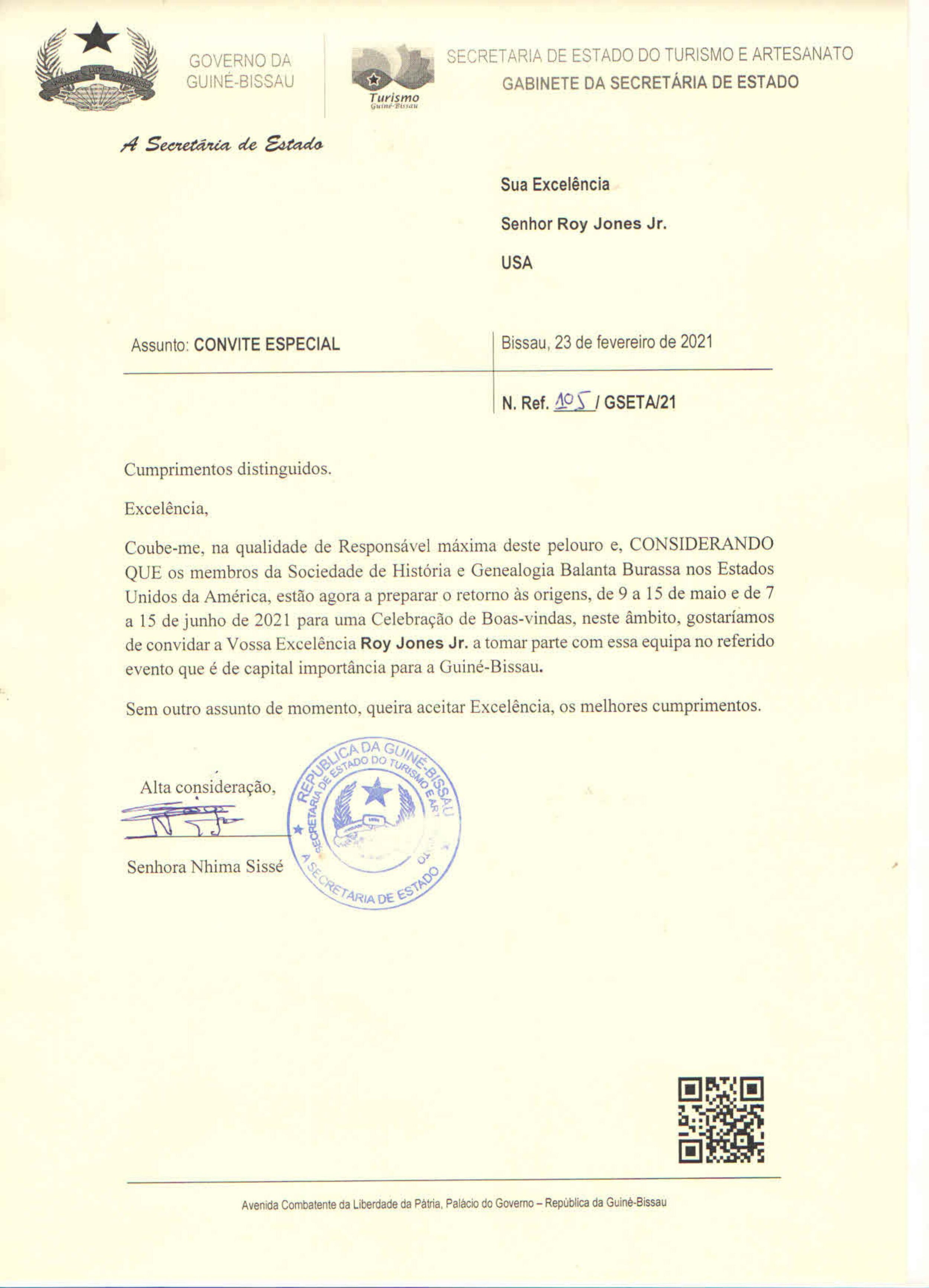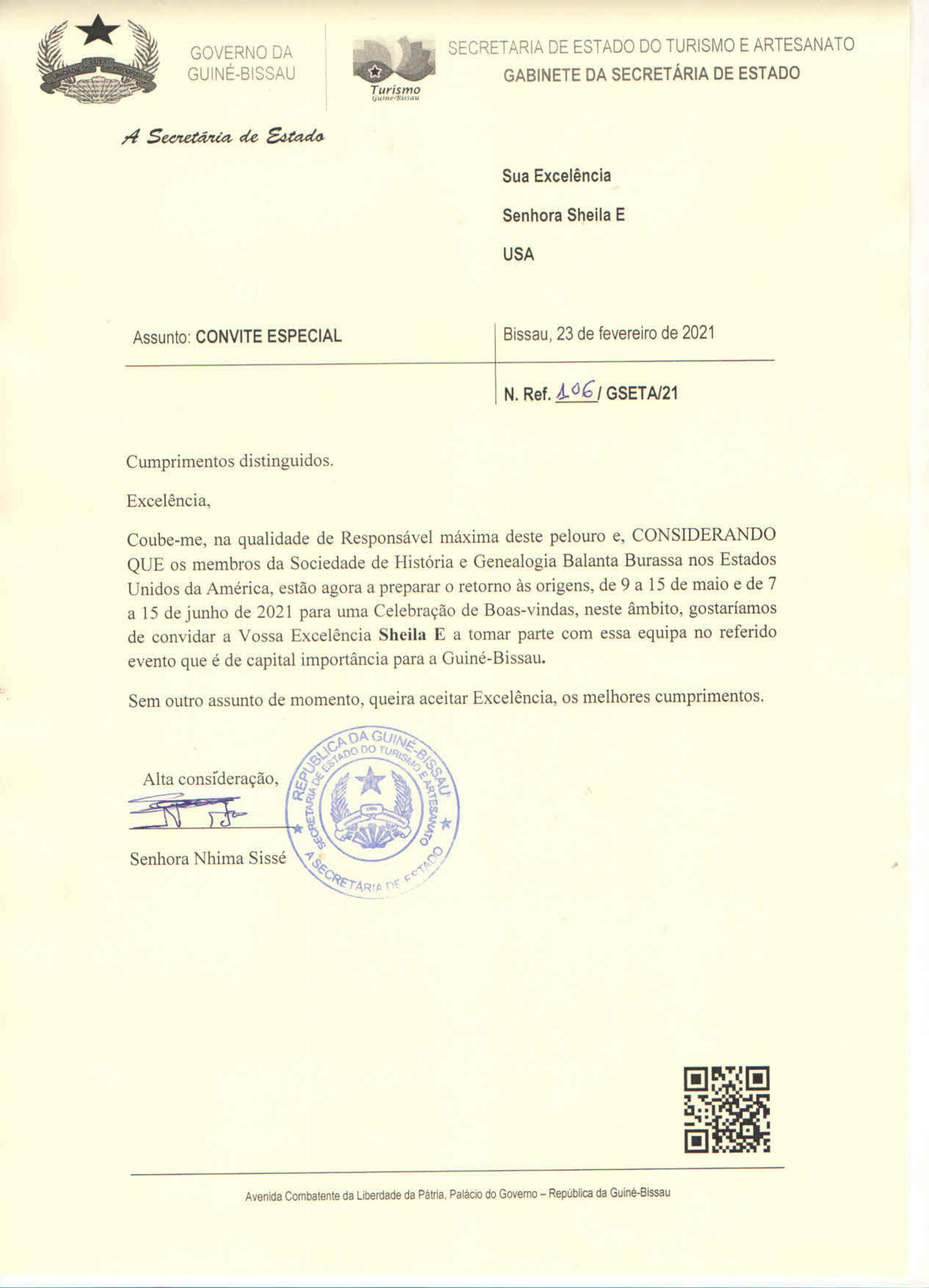REPARATIONS NEWS!!!
The House Judiciary Subcommittee on the Constitution, Civil Rights, and Civil Liberties will hold a hearing on H.R. 40, the Commission to Study and Develop Reparation Proposals for African-Americans Act, on February 17, 2021. The 10:00 a.m. ET hearing will examine the legacy of slavery, its continuing impact on the Black community, and the path to reparative justice.
Witnesses slated to testify at the hearing include:
The Honorable Norman Mineta, Former Secretary of Transportation, U.S. Department of Transportation;
The Honorable Dr. Shirley Weber, Secretary of State, State of California;
Professor E. Tendayi Achiume, Special Rapporteur on Contemporary Forms of Racism, United Nations Office of the High Commissioner for Human Rights;
Dreisen Heath, Racial Justice Researcher and Advocate in the US program at Human Rights Watch
Kamm Howard, National Male Co-Chair, National Coalition of Blacks for Reparations in America (N’COBRA); Member of the Balanta B'urassa History & Genealogy Society in America
Dreisen Heath, Program Advocate, Human Rights Watch;
Hilary Shelton, Director, NAACP Washington Bureau
Additional witnesses to be announced
If passed, H.R. 40 would establish an expert federal commission to study the legacy of slavery in the United States and its ongoing harm and develop proposals for redress and repair, including reparations.
The announcement of the hearing comes after more than 300 organizations, businesses, faith leaders, and city leaders – including Human Rights Watch, the American Civil Liberties Union, Color of Change, the Leadership Conference on Civil and Human Rights, and Amnesty International USA– sent Speaker Nancy Pelosi and House leadership a letter urging immediate congressional action on H.R. 40, as part of the We Can’t Wait project. Following the protests over the killing of George Floyd and other Black people at the hands of police, the bill garnered a record number of cosponsors.
“The historic racial and gendered injustices of slavery and its legacy, fueling the persistence of racial inequality today, remain largely accounted for,” said Heath. “The US must finally reckon with its long history of racial terror, indifference, and segregationist public policies that have created lasting harms within the Black community. That reckoning begins with H.R. 40.”
BBHAGSIA and the Special Rapporteur on Contemporary Forms of Racism, United Nations Office of the High Commissioner for Human Rights
Also giving testimony will be Professor E. Tendayi Achiume, Special Rapporteur on Contemporary Forms of Racism, United Nations Office of the High Commissioner for Human Rights. At the Reparations, Defund Movements, and International Human Rights Webinar held on October 29, 2020, BBHAGSIA President Siphiwe Baleka had the following exchange with Professor Achiume:
SIPHIWE BALEKA: (My question at 46:37)
African Americans have consistently used international forums including the United Nations, to petition for redress for genocide, slavery, etc. With all of the interventions since the We Charge Genocide Petition in 1951, why has the international community and the United Nations not initiated any process to force the United States to pay reparations? What will it take and what do you recommend that African Americans, and specifically, groups like the National Coalition of Blacks for Reparations in America (NCOBRA) do that they haven't already done, to make the international frameworks effective?
Tendayi Achiume, Professor of Law, UCLA School of Law and UN Special Rapporteur on Contemporary Forms of Racism, Racial Discrimination, Xenophobia and Related Intolerance:
"The project of Reparations is about undoing structures and remaking societies that were deliberately designed along logistics that reinforce racial subordination. . . . Another concrete way. . . to take advantage of the UN system is through the treaty body system. So we have the International Convention for the Elimination of Racial Discrimination which provides for individual petitions and you can bring claims at that body for violations of human rights at the national level. The challenge right now is that the U.S. . . . hasn't signed the provision that would make it possible for American citizens to be able to make those claims at the international level, but this might be something that, you know, IF THERE IS A CHANGE IN ADMINISTRATION IN THE NEXT YEAR DEPENDING ON WHO IS IN POWER, IT MIGHT BE PART OF THE CLAIMS THAT RACIAL JUSTICE ADVOCATES ARE MAKING IN THE US ARE REMOVAL OF THOSE KINDS OF BARRIERS AT THE INTERNATIONAL LEVEL FOR RELIEF . . . . SO ENSURING THAT NATIONAL CONVERSATIONS AROUND RACIAL JUSTICE ARE ALSO THINKING ABOUT HOW TO OPEN UP INTERNATIONAL PATHWAYS FOR SEEKING REMEDIES AND MAKING THAT A POLITICAL PRIORITY DOMESTICALLY. . . . From the perspective of lawyers and legal academics and legal advocates I would say we have invested far too much time in taking advantage of strategic opportunities and THAT HAS KEPT US IN THE REFORM FRAME. And I think one of the things that has been the most powerful about the defund movement is that it has shown just the transformative power that comes from ASKING FOR YOUR IDEALS AS YOUR STARTING POINT. . . . One of the things I am trying to challenge myself to do as a law professor, for example, is to think about what it might mean to teach law school classes that are MORE ABOUT IDEALS, THAT ARE MORE ABOUT REIMAGINED SOCIETIES AND HOW WE MIGHT GET THERE RATHER THAN THE FOCUS ON LITIGATION AND PLUGGING THE HOLES OF A SYSTEM THAT IS DESIGNED TO PRODUCE INJUSTICE. . . . WE ARE AT A MOMENT WHERE WE ARE BEING REMINDED OF WHAT CAN HAPPEN WHEN YOU INSIST ON THE IDEALS IN THE PRESENT."
Now, none of the so-called black leaders of our community made signing the provisions of the International Convention on the Elimination of Racial Discrimination or implementing any of the other international instruments related to our international civil, political, economic, social and cultural rights part of the BLACK AGENDA. No Presidential candidate was asked whether or not they would sign the provision if elected.... No one put forth a vision of the ideals we are demanding (in the context of our international human rights) except THE AGENDA FOR BLACK AMERICA'S RESTORATION AND SELF DETERMINATION
The reason for this failure is the Civil, Political and Legal Illiteracy of African Americans who have not done the work of internationalizing our struggle as Malcolm X instructed us to do.
However, BBHAGSIA has submitted the AFRODESCENDANTS' RESPONSE TO PRESIDENT BIDEN'S EXECUTIVE ORDER ON ADVANCING RACIAL EQUITY AND SUPPORT FOR UNDERSERVED COMMUNITIES THROUGH THE FEDERAL GOVERNMENT

















